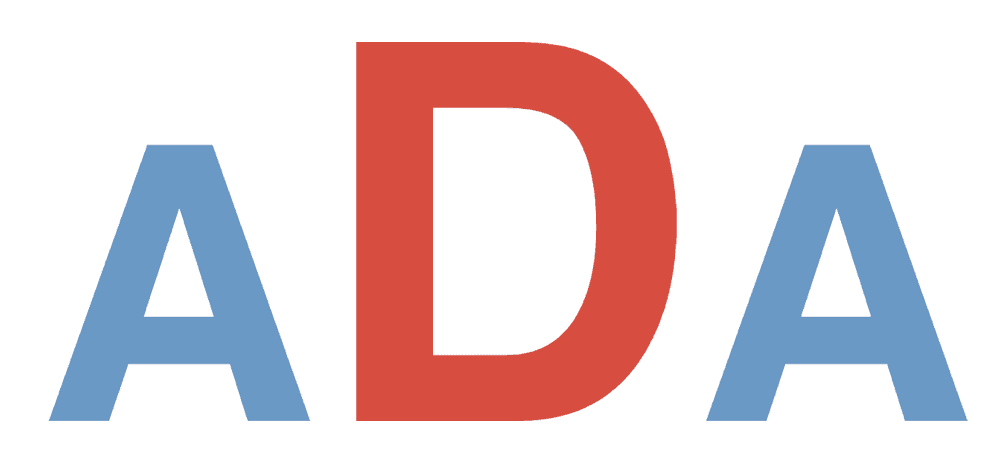Assembly of the
Digital Age
What?
ADA's purpose is to contribute towards the advancement of digital education, by supporting educational establishments, educators, students and everyone else. We work towards the integration of digital skills and knowledge into all stages of education, which is fit for the digital age and is capable of producing a generation that is digitally skilled, confident and creative.
Providing educational materials
The ability to access digital information effectively and to apply the information critically is fundamental to the personal, social and economic development in the digital age. Current challenges include inadequate technology infrastructure and a lack of digital resources and curriculum developers. To ensure that the public can have the opportunity to benefit from the advantages of digital learning, ADA aims to provide accessible materials through an open-source platform, where everyone can contribute towards the spread of digital education.
Providing support to educational establishments and NGOs
There is a general lack of digital awareness and relevant skills. More is needed to support educational establishments and NGOs in raising awareness of digital careers and the wider social and economic opportunities new innovations can bring about. Education and training providers should ensure that they are informed of the wider personal and public benefits of digital education and how the supply of educational courses, in terms of quality and quantity, can meet the demand for digital skills.
Providing training
A learner’s digital education will depend on the digital competencies and skills of those teaching them, as well as the adaptability of educational establishments to changes in technology. ADA is developing training programmes with the aim of equipping educators and NGOs with the necessary skills and knowledge in spreading the importance of digital education.
Providing support to local initiatives
Local partnerships and networks are often more suited in determining the skills needs for their local area. ADA works to provide support to local organisations so that education and training provision is better matched to local demand.
Commissioning relevant research
Evidence-based research could shed light on feasible forms of support to better exploitation of the social and economic benefits of new innovations and the development of digital skills. Further research is needed to explore the barriers to the use of technology and the risks of disengagement so that targeted interventions can be provided to address this problem.
Organising and hosting discussions
Businesses, educators and other stakeholders working in partnership can give people the best chance of finding their way in a world that runs on technological innovation. Promoting dialogues between people in relevant fields can help devise practical ways of improving the current level of awareness and skills.
Providing support to local and international governments
Governments can provide leadership, coordination, and key resources in establishing the conditions for digital skills development. In addition to social and economic development, there are also wider considerations in the context of social mobility and inclusion. Equal access to digital education and effective application of digital skills offers wide opportunities for society.
Creating recognised standards
By applying rigours standards, private and public organisations, as well as the public, can ensure that they are following best practices. Standards can act as a roadmap for educators and trainers to re-engineer their schools and classrooms to ensure the quality of their training delivery and all related activities are of a high standard.
